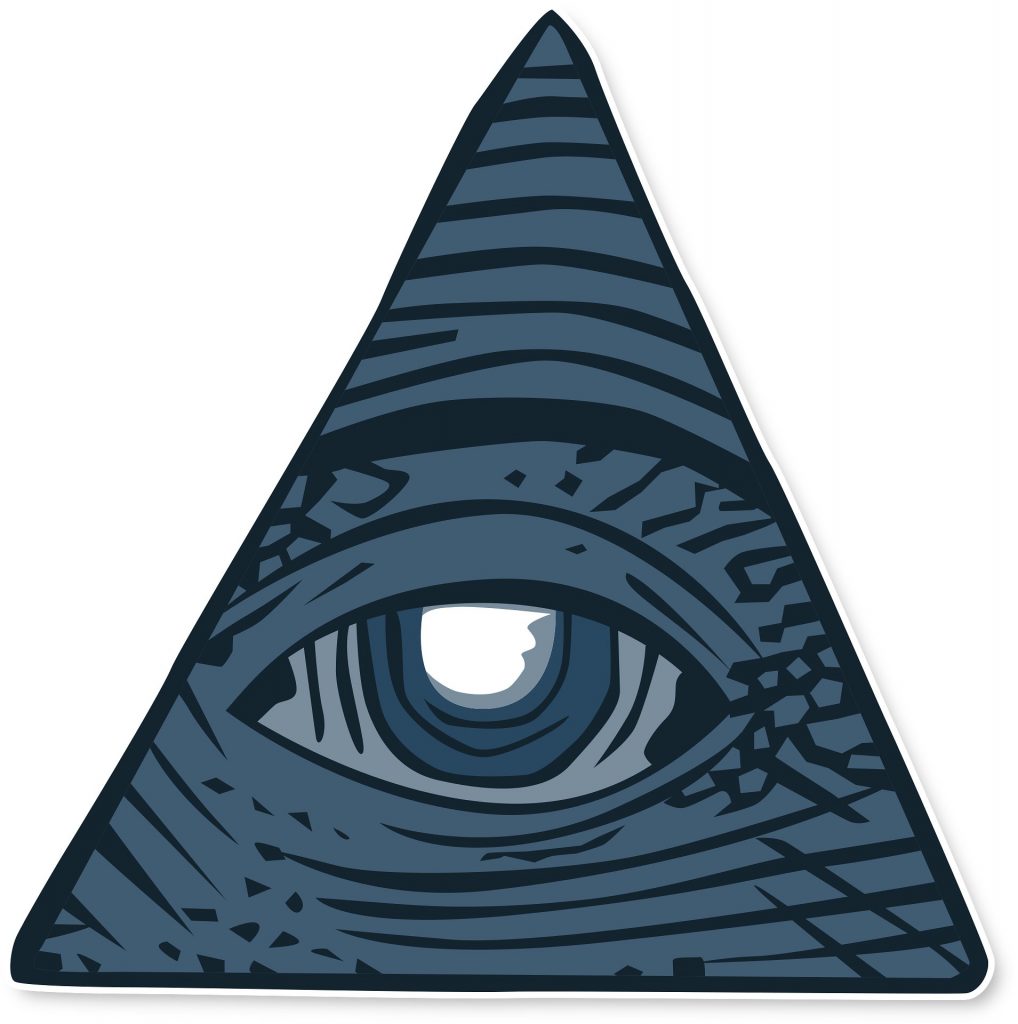Absolute Citrin
by Richard Citrin



We’re entering a new phase of the Pandemic. We’ve mastered the arts of working from home, social distancing with friends, hanging out with our family (all the time) and finding new entertainment in the absence of our usual summer activities.

Now, however, the real work begins.
Kids are returning to school; work begins to gear up in preparation for 2021 activity such as returning to offices and we’ve got an election in 2 months that is almost guaranteed to disrupt all of our lives.
One thing will be certain for sure, there will be lots of conspiratorial thinking.
In a fascinating article in the digital magazine, Aeon, author Jan-Willem van Prooijen details our long history with conspiracy thinking that dates back to our earliest ancestors. Defined as the “suspicion that a group of people have joined together in a secret agreement to plan evil acts,” conspiracy thinking served an important evolutionary role in those early days helping hunter-gatherer communities consider whether their neighbors in the next valley might be planning an attack. Conspiracy thinking, of course, reared its head in the ancient civilizations from Greece to Rome (“Et tu Brute?”). All through medieval recent times, conspiracy thinking led to the persecution and deaths of millions of people and to our tragic inability to see beyond our own fears of our “us vs. them” mentality. While this kind of mindset may be biological in nature, we’ve shown, during these periods, that we can get beyond our reptilian brain thinking to consider other ways to be with each other.
And no time might be more important than now.
As we move closer to a vaccine, many decisions will be made by organizations and individuals about how we should respond to our work and lives. Our unfortunate reality of not have daily, hallway meetups with people means that we are more isolated from knowing one another, which can only translate to more fantasies about alternative realities.
One of the important ways for us to help ourselves and our team members is to create more opportunities for control, which is a key resilience skill. In research done at Northwestern, people who assumed a more “promotion focused” mindset where they identified ways to think about creating their future were less obsessed with conspiracy thinking than those people who just focused on preserving what they already had and were trying to hold on to. They referred to these folks as having a “prevention focused” mindset.
Our world will be getting much more complex over the next 6 months and looking for ways to improve our own efforts will help us stay grounded and focused on what is real as well as ensuring that we don’t get too suspicious about the folks over in the next valley.
Events and Happenings
Resilient Mindfulness: Wednesday, September 16, 2020 at 7 PM
Connecting with our Creative Selves.
How do we spark creativity? Does it come from gathering all available information and then letting our prefrontal computer cortex run the numbers or does it come from taking all those facts and then tossing them up in the air and seeing what comes down. Join us as we explore another Resilient Mindfulness focused on creativity. You can sign up here
The latest version of the Leadership Café, my new weekly webcast where we interview extraordinary people leading remarkable businesses is out and this week we are talking with Tony Beltran, CEO of Pittsburgh Mercy. Hear what Tony has to say about mental health issues in the age of Covid and how his amazing team is working to help the most vulnerable in his community. As always, our thanks to our friends at Vaco for sponsoring The Leadership Cafe!
© Richard Citrin 2020